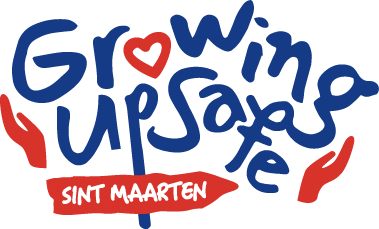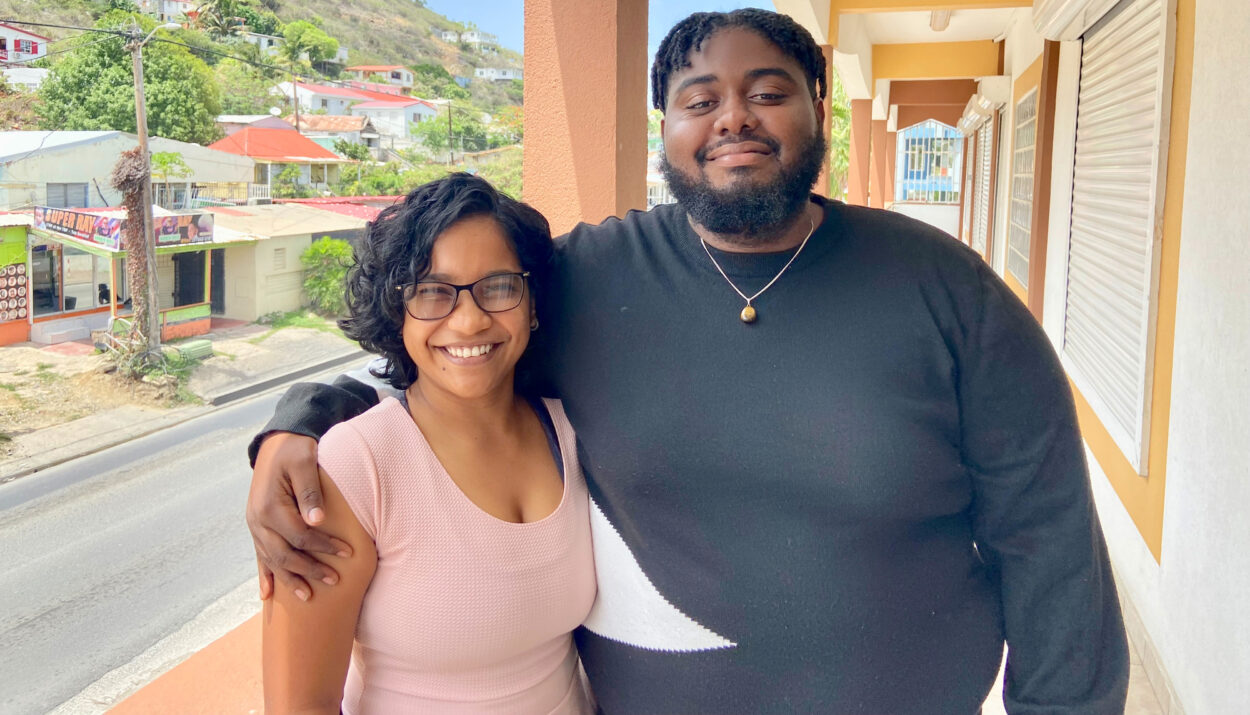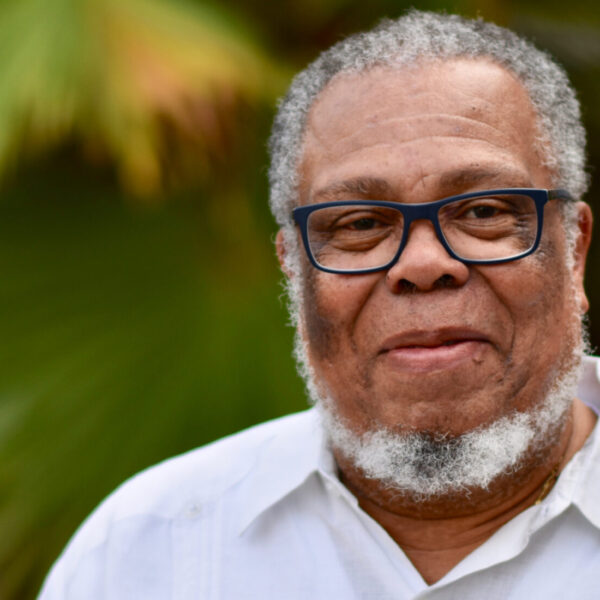Angelica Sookdanan and James Brooks help to shape the future Youth Sounding Board. They shifted from hesitation to enthusiasm about the project. “As youth, we can help update policies so that they are more effective.”
The ‘Youth Sounding Board’ would ideally become a mechanism through which youth could participate in a meaningful way in the work done by the National Child Protection Platform (NCPP), a platform to ensure that community-based child protection mechanisms on Sint Maarten are strengthened, to better meet the protection and safety needs of our children in their daily lives. The Youth Sounding Board Members (ages 12 to 24) will provide appropriate guidance, advice, and recommendations (solicited or unsolicited) on relevant matters to the NCPP. They will share their views and ideas regarding the design, development and implementation of policies and programmes created for the safety and wellbeing of children, young people, and families on Sint Maarten (see info box below).
However, the first step was to figure out: do Sint Maarten’s youth see the value of a mechanism such as a Youth Sounding Board? And if yes, how do they envision the establishment and workings of the Youth Sounding Board? Angelica Sookdanan (25) and James Brooks (21) were two of the twenty-five youths who participated in youth focus groups to answer these questions. They also volunteered their time to write the Terms of Reference and Code of Conduct to help actualise the Youth Sounding Board. The documents they wrote are now with the Ministry of Education, Culture, Youth, and Sport to be officially approved as part of the formal establishment of the National Child Protection Platform.
How would you describe meaningful youth participation?
Angelica: “Including youth in conversations and decision-making that affects them.”
James: “I believe that it also means that we, as youth, take action in our community to make a positive impact and pave the way for the next generation.”
What did you first think about the proposed establishment of a Youth Sounding Board?
James: “I was invited to attend a focus group. At first, I wondered if this initiative would be another ‘front’, an initiative to act as if youth are involved, but, in actuality, our opinion will not matter. During the focus groups, we spoke about topics such as youth crime and offenders, educational opportunities for people in lower economic households, and youth transitioning to adulthood from foster care. I soon began thinking: ‘Hey, this might work!’”
Angelica: “I had a similar feeling. Some activities seem to be youth-led, but in reality, they are adult-led ideas executed by youth. Our focus group conversations dove into child protection and how to actualise a Youth Sounding Board. Now I do feel that the Youth Sounding Board has the potential to take a step forward in creating youth-relevant policies. Therefore, I also volunteered to help with the terms of reference to help establish it.”
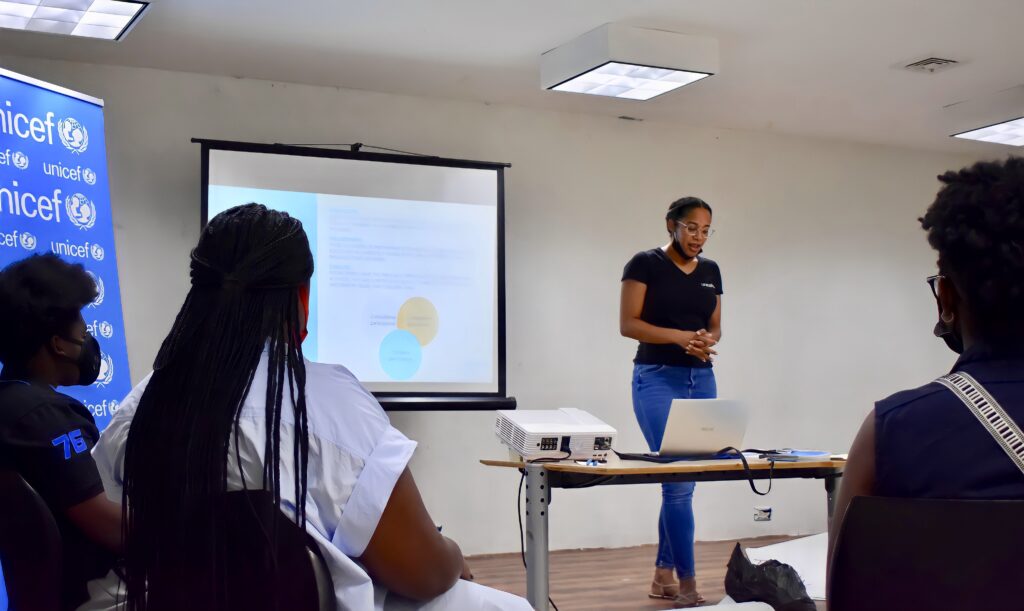
What level of participation do you envision working within the Youth Sounding Board?
Angelica: “A collaborative setting in which youth are empowered to make final decisions, but with technical support of adults to help them make informed choices. This means providing them with the right information and, when it involves complex matters, adding the necessary explanation.”
James: “Something else to consider is that youth might have difficulty expressing themselves fully, with adults in the room.”
You helped write the terms of reference that will be used to establish the Youth Sounding Board. This is used to outline how the sounding board will function and formalises its role within the National Child Protection Platform. Can you tell us more about that process?
James: “A group of us volunteered to help shape the functioning of the Youth Sounding Board and its members. UNICEF the Netherlands, through Mr. Wilson, a Youth Participation Specialist, provided us with technical support.”
Angelica: “We worked together to outline the framework on how the Youth Sounding Board and its meetings would work, what regulations and provisions will have to be in place, and how the youth members will be selected and supported. I enjoyed being part of this process, and I think we did a good job!”
What are the next steps?
James: “The Terms of Reference are approved by the Transition Child Protection Working Group and are now in the process, along with the NCPP documentation, of being officially approved by the government. The incoming members will also review these terms and amend them accordingly to keep them current.”
What would you say to encourage youth to volunteer as members of the Youth Sounding Board?
Angelica: “I think the Youth Sounding Board will be well received and generate a lot of interest amongst youth once implemented. Being a member will be empowering in that you can say: ‘I had an influence on this policy.’ It is also a great addition to your resume.”
James: “Imagine influencing and updating policies based on our own experiences and current situations. You will help make a real difference for your peers, and it will help you gain confidence in yourself and your country.”
Child Protection Working Group (CPWG) & National Child Protection Platform (NCPP)
The Child Protection Working Group (CPWG) is an inter-ministerial group, with representatives from the Ministries of Justice, Education, Culture, Youth and Sport (ECYS) and Public Health, Social Development and Labour (VSA). Since 2019, the CPWG has been on a mission to establish a permanent inter-ministerial child protection coordination platform: The National Child Protection Platform (NCPP). The goal of the NCPP is to ensure that the formal and informal community-based child protection mechanisms on Sint Maarten are strengthened, to better meet the protection and safety needs of children in their daily lives, as well as before, during and after an emergency.
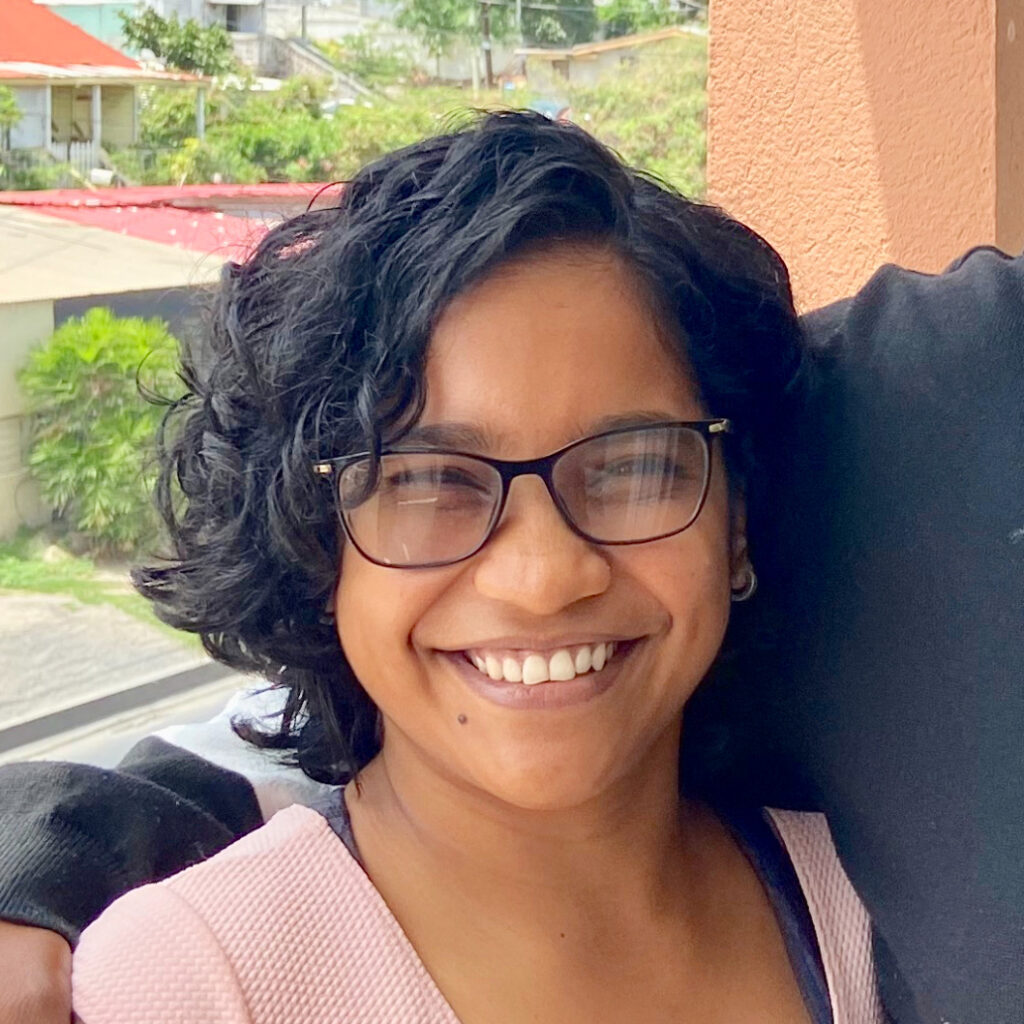
Angelica Sookdanan
Angelica is passionate about youth empowerment. She grew up on Sint Maarten volunteering during her teens for programmes such as Readers are Leaders and Vision of the Youth. She is currently a student at the University of Guyana studying Architecture and works during the afternoons at the St. Maarten Academy Afternoon School as a teacher.

James Brooks
James regularly volunteers for community initiatives on Sint Maarten. His personal experience within the foster care system has fuelled his motivation to study psychology and invest in improving child-care systems. He will be starting his bachelor’s in psychology in the Netherlands in the summer of 2022.
